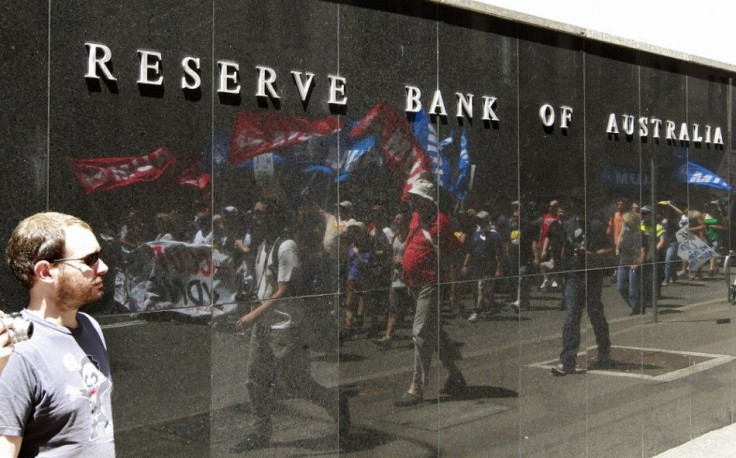RBA Retains 2.5% Overnight Cash Rate For 16th Straight Month To Boost Aussie Economy Amid Falling Commodity Prices

The economists were right again. As they predicted, the Reserve Bank of Australia (RBA) kept on Tuesday for the 16th straight month the overnight cash rate at the record low 2.5 percent.
YouTube/CommSecTV
The RBA move is in response to prices of commodities, which are Australia's key export income, plummeting in the world market due mainly to weak Chinese demand. As a result, Australia's export income has slipped over 40 percent since January.
The central bank's decision was also intended to encourage Australian companies to invest and create jobs to lower the country's unemployment rate which had peaked at an 11-year-high. The RBA's quarterly forecast released in November predicts subdued growth until mid-2015 and joblessness rate remaining at 6.2 percent for some time.
Until Monday, there were some speculations that the RBA could even cut further the key lending rate because of the recent decline in the Australian stock market which suffered a pummelling on that day with worried investors wiping out almost $25 billion from the market.
A finder.com.au statement last week said that while 37 experts forecast no rate adjustment on Tuesday, 3 believe the rate would go down in 2015, but 34 expect it would move in the opposite direction, while 6 see no movement.
Moody's economist Katrina Ell pointed out to Bloomberg before the RBA announced its decision that "The real test will come when falling mining investment becomes a bigger drag on growth in 2015.





















